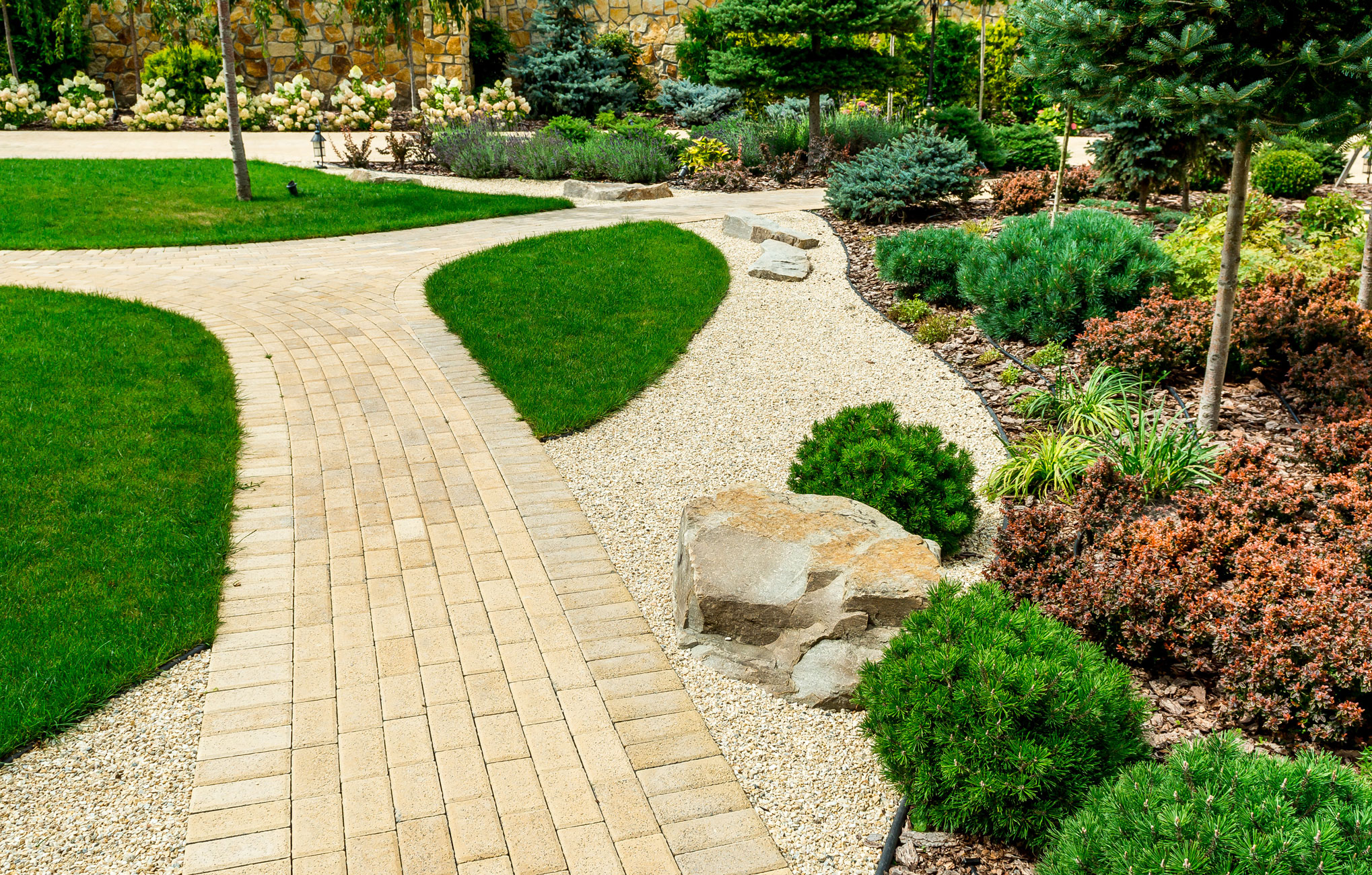Healthy soil is a foundation for lush green gardens. Healthy soil retains moisture, drains well, and has an ideal pH balance for optimal plant growth. Soil that has all the suitable properties is called 'smart' soil.
Smart soils are those that have been amended with additives to improve their physical as well as chemical properties. Smart soils have optimum water retention and aeration properties and enhanced nutrient availability. In other words, philosophical grounds are those rich in organic matter with a high concentration of macro nutrients like nitrogen, phosphorus, and potassium, along with micronutrients like zinc, manganese, and iron.
A bright soil should support various plants throughout the growing season without added amendments or fertilizer (assuming it doesn't need any lime). Additionally, an intelligent soil should hold enough moisture to prevent drought stress until the plants can access groundwater reserves; drain quickly to avoid stagnant water; support a thriving community of microorganisms; remain friable for easy planting; maintain its pH between 6.5 and 7.0; provide sufficient nutrients for peak performance throughout the season, and be free from weeds or other invasive species. Here are 10 points on what makes up healthy soil?
1) Soil structure
Soil structure is the arrangement of soil particles. It includes soil peds, crumbs, and aggregates. Peds are individual soil clods, or "chunks." Crumbs are pieces of larger peds that have been broken apart. Aggregates are the crumbs plus other materials held together by a matrix of organic matter and mineral cement. Soil structure impacts water infiltration and drainage, nutrient cycling, aeration, temperature regulation, and root growth.
2) Water holding capacity
The amount of water a soil can hold is called its water holding capacity. It is measured in inches per inch (in/in). The more clay in the ground, the higher its water holding capacity because clay particles are shaped like little sponges with many pores. The more organic matter in the soil, the higher its water holding capacity because organic matter holds onto moisture as a sponge. A combination of these two soils would have excellent water holding capacity.
3) Bulk density
The bulk density is how much weight is pressed into a given soil volume (pounds per cubic foot). It indicates how tightly packed the soil particles are with air spaces between them. The greater the air space (porosity), the lower the bulk density will be; thus, it has less weight pressing into a given volume and will be lighter in weight than compacted soils with fewer air spaces between particles. But most importantly, for plants to grow well (in the top few inches of the ground), the bulk density should be pretty high.
4) Organic matter content
Soils with a high percentage of organic material (compost, manure, etc.) will benefit plants. The organic matter will improve drainage, water holding capacity, and aeration. It will also add nutrients such as nitrogen to the soil for plant growth. Organic matter decomposes over time and releases nutrients slowly into the ground, making it available to plants as they need them.
5) Nutrient content
All soils contain some nutrients, but most do not have enough nutrients to support healthy plant growth. Most soils lack nitrogen, phosphorus, and potassium (NPK).
6) pH
The pH measures how acidic or alkaline a soil is on a scale from 0-14, with seven being neutral. Most plants grow best at a slightly acidic pH between 6-7, but some prefer more alkaline conditions (pH 7-8). Soil test results show whether your soil is too acidic or too alkaline and what you can do about it if either condition exists in your garden soil.
7) Texture
The texture of the soil refers to its particle size. Soils with larger particles are considered coarse or sandy soils, while those with smaller particles are called clay or loamy soils. Most garden plants prefer loamy soils with a good balance of sand, silt, and clay.
8) Water holding capacity
Well-drained soil will hold more water than soil that is poorly drained. Plants need water, but they also need air to survive and grow properly. Well-drained soil allows air into the root zone while still holding plenty of water for plant growth during the growing season.
Soil is the most critical factor in the success of your garden. It provides nutrients, sustenance, and structure for your plants. The more you know about your soil, the more likely you will have a successful garden. Soil testing is essential to ensuring that your plants receive the proper nutrients they need to thrive.

